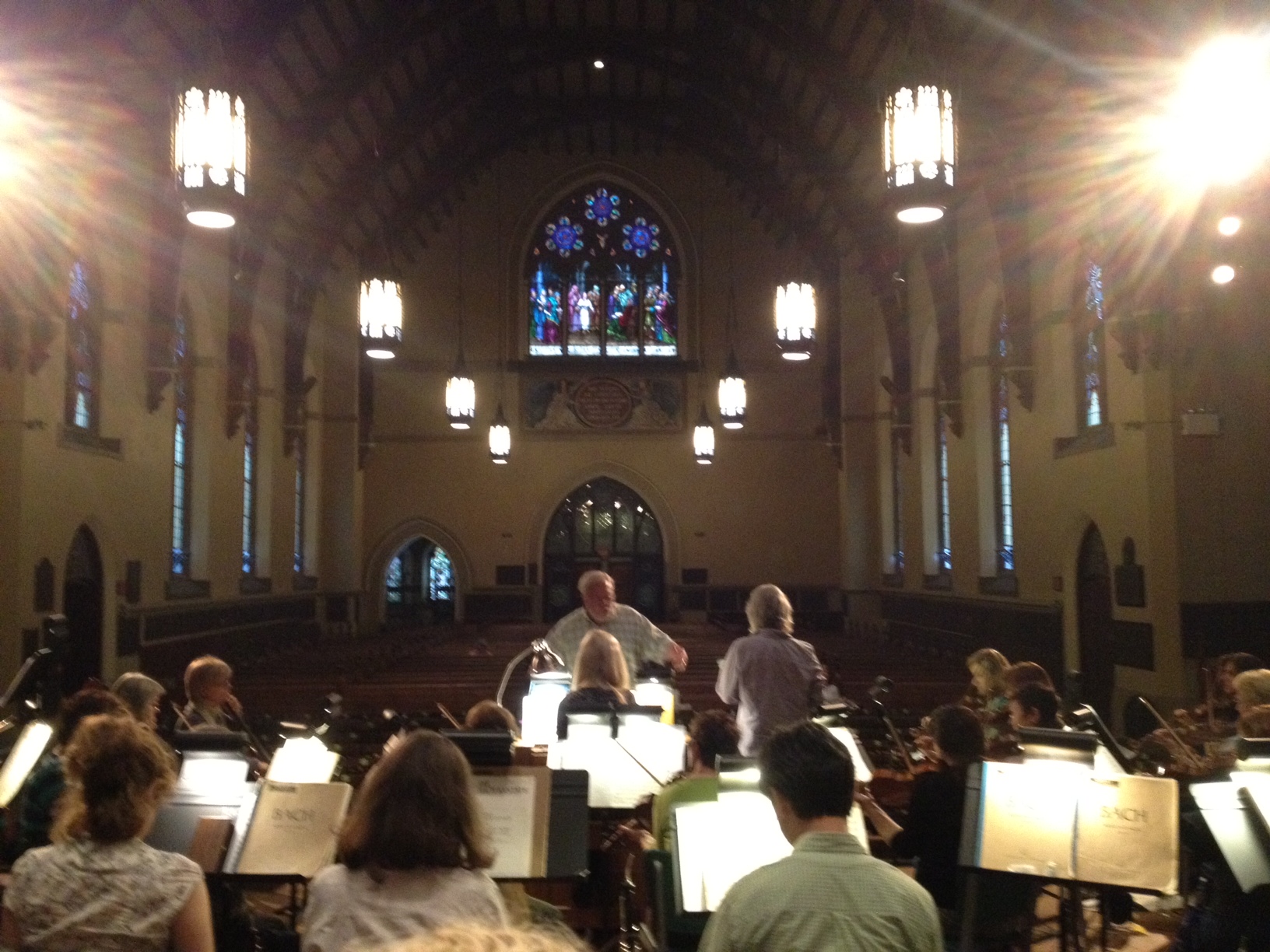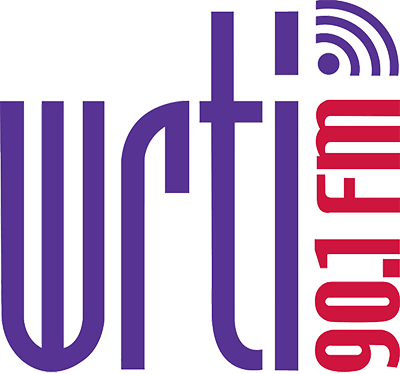
We had another very-productive rehearsal tonight, and things are coming together beautifully for the concerts this weekend. We worked on several movements of the Mass to begin, after listening to Mary Watt and the Orchestra play the opening sinfonia of Cantata No. 21. Mary is an exceptional oboist, and she has an wonderfully keen sense of phrasing (as well as seemingly endless breath support). The sinfonia features slowly evolving phrases over a walking bass line, with oboe supported by a halo of strings. Occasionally, the strings become duetting partners, with wrenchingly beautiful long lines. This serves as a wonderful prelude to the lamenting choral parts that follow, which we covered later in the rehearsal. Those laments are almost mantra-like in their repetition, and this piece was one that one of Bach’s chirpier critics, Johann Mattheson (an ally of Georg Frederich Händel), singled out for comment. Mattheson objected to the repetition relaying the text out of context, “I, I, I, I had much grief, I had much grief, in my heart, in my heart. I had much grief, etc., in my heart, etc., etc.” Bach uses those repetitions to create a sense of despair, often creating dissonances between the vocal parts. As this cantata is a favorite of Bach connoisseurs, I think history has come to a very different judgment of this piece!
We also welcomed the horns back for another survey of the rousing music of Cantata No. 79, which is coming together quite nicely. This piece will open the program on Friday afternoon, and I can hardly think of a more engaging way to set off on the musical journey for this year’s Festival.
I had a moment’s visit with Tom Goeman, our wonderful Assistant Conductor and Organist, during one of our breaks, and he showed me the interesting organ obligato to Cantata No. 170, which is an solo cantata for alto, sung at the Festival by Daniel Taylor. I’m not terribly familiar with this piece, but I’m very much looking forward to hearing Daniel sing it, and always admire the thoughtful preparation that goes into all of the instrumentalists’ work.
We also sang through the two choral movements of Cantata No. 80, and they’re also evolving in a satisfying way. There are definitely some adjustments to be made with our adoption of the new stage arrangement, but everyone is getting more and more acclimated to the set-up, and things are sounding wonderful. The opening of Cantata No. 80 is full of vigor and excitement, and, like No. 79, a great way to open the program. The Reformation clearly was a source of great inspiration to Bach.
We concluded the rehearsal with the fourth verse of Cantata No. 4, which depicts the battle between life and death. In an evocative choral fugue, Bach illustrates the ferocity of the battle with a mostly syllabic text setting – there are lots of ploded consonants and rolled Rs, creating an amazing aural picture of this wunderlicher battle. In the midst of the malay, the alto section brightly sings the chorale melody, aided by the organ obligato. This is a very challenging piece, and it’s The Choir’s mastery of it continues to grow. We’ll return to Packer Memorial Church tomorrow evening for our last rehearsal before a night off to rest, and then it’s onward to the Festival. I’ll update after the rehearsal tomorrow evening.










































